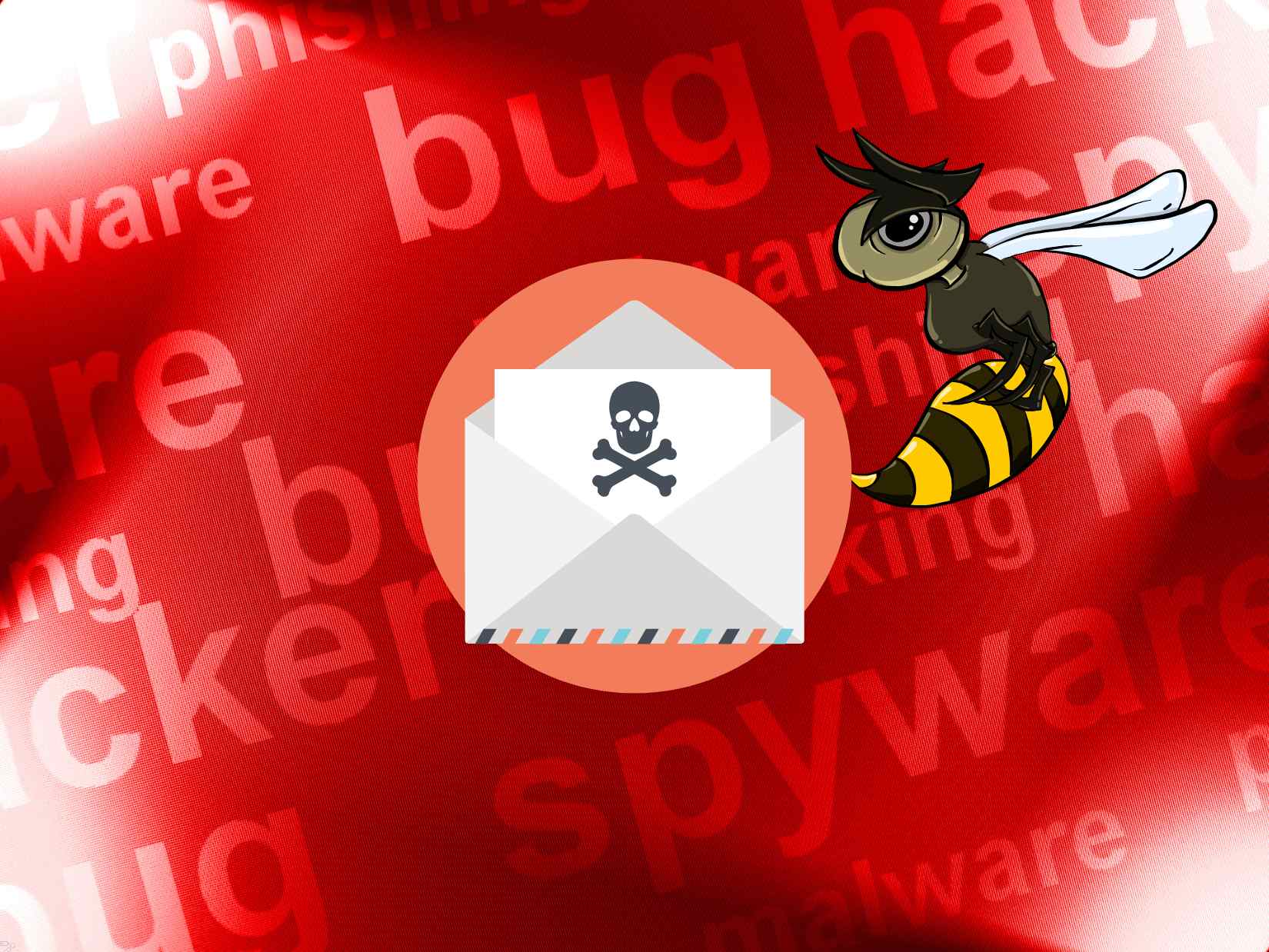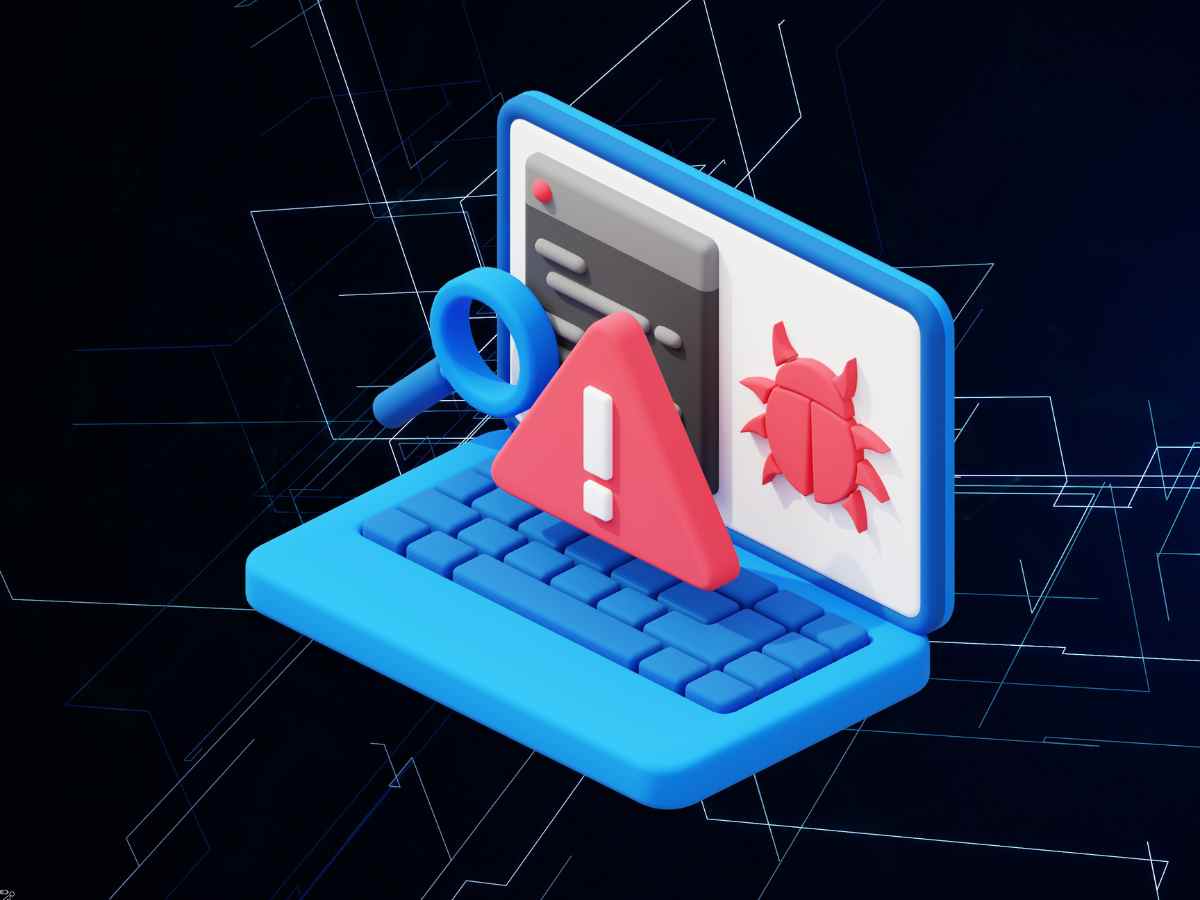Anger is one of the most primal emotions that we humans experience. Sometimes, it can feel like our inner Hulk is just waiting to burst out. Whether it’s traffic, a missed deadline, or someone cutting in line at the coffee shop, we all had moments where we felt like we could explode. But there is a way in which we can express our anger in a constructive way rather than in a destructive way. Anger management is a soft skill that can help not only in handling conflict but also in managing our emotions, leading to calmer interactions and happier and more productive lives.
Through this blog, we’ll learn fun and creative ways to manage anger that not only help you keep your calm but also allow you to face life’s frustrations with grace and wisdom.
What is Anger Management?
Anger management is all about mastering and controlling and your anger in a healthy and positive way. It does not mean that you need to suppress or hide your feelings of discontent and put up a show that you’re perfectly fine; it’s about acknowledging your anger, understanding where it’s coming from, and learning how to express it without hurting yourself or others.
Think of anger like a fire. Isn’t the concept just amazing? When the fire is managed and controlled well, it helps cook or power a furnace. But, when left unchecked, the same fire can burn or damage the entire building. In the same way, bursting out anger in a destructive way can burn relationships, opportunities, and your own mental and physical health.
Anger Management is not a magic tool to eliminate anger because, let’s be honest, that’s not realistic. The goal of anger management is to gain control over how you respond to it.
Types of Anger
1. Constructive Anger: Anger expressed in a calm and sensible way that leads to positive outcomes. For example, you can express yourself calmly and politely about how you can better work with your colleagues.
Impact
- Leads to a better relationship.
- Promote better problem-solving abilities.
- Promotes personal and professional growth
2. Destructive anger: Anger expressed in an impulsive way, which leads to negative outcomes, conflicts, and misunderstandings. For example, bursting out while leading a team or when someone is not working correctly.
Impact
- Damages relationships and trust.
- Create conflicts.
- Result in harmful actions such as physical or verbal violence.
Why Do We Get Angry?
Before we dive into solutions, we need to understand why we get angry. Anger is a natural emotion. Sometimes, it is a response to a feeling of frustration, injustice, or violation of boundaries. It is how your body tells you that something is wrong, and you must act on it.
For example:
- Frustration: When things do not go according to plan. It could be missing an important event or getting stuck in traffic.
- Injustice: When you feel mistreated, when someone’s behavior challenges your values, or beliefs or when you have been punished for someone else’s mistake.
- Boundary violations: When someone disrespects your personal space or doesn’t respect your boundaries.
It is important to know the root cause of the problem in order to solve it. Once we understand what triggers our anger, we can better manage and control it instead of letting it control us.
Soft Skills for Managing Anger
Below are the soft skills that will help you to manage your anger effectively. These skills are essential for improving your emotional intelligence (EQ), the ability to recognize, understand, and manage your emotions, as well as those of others.

1. Self-Awareness: Know Your Triggers
The initial step in anger management is becoming self-aware of what makes you angry. For example, for some, it’s a messy kitchen. For others, it might be feeling misunderstood in a conversation. By understanding the situations that trigger your anger, you can prepare yourself mentally to stay calm. It is very obvious: only when you know the problem can you work on finding solutions.
To become self-aware of your trigger points, keep an “anger journal.” Track when you get angry, what triggered it, and how you reacted. Over time, you’ll notice patterns and know your emotional triggers.
2. Pause and Breathe: The Power of a Timeout
When you feel the heat rising, take a moment to pause and take a deep breath. You must also have heard of the trick of counting to ten. It actually works! It can give you enough time to cool off and reset your emotional state whenever you feel angry. The science behind this is simple: deep breathing activates your body’s relaxation response, lowering heart rate and calming the mind.
3. Empathy: To walk in Someone Else’s Shoes
Often, our anger comes from misunderstandings or not seeing things from another person’s perspective. Try to put yourself in the other person’s shoes. Maybe they’re having a bad day, or they didn’t mean to upset you. Empathy softens your anger and helps you approach the situation with compassion rather than defensiveness.
The next time you feel angry, ask yourself, “What might the other person be going through right now?” This simple perspective shift can help you respond with patience rather than frustration.
4. Communication Skills: Express Yourself Calmly
A big part of anger management is learning how to express yourself without being aggressive or frustrated. Instead of yelling, try using “I” statements to communicate how you feel without blaming or attacking others. The primary purpose of effective communication in anger management is to express yourself clearly without demeaning the other person. For example, instead of saying, “You’re always late!” try saying, “I feel frustrated when we don’t start on time because it impacts our schedule. Your goal shouldn’t be to “win” the argument but to communicate effectively without escalating tension.
5. Mindfulness: Stay Present, Stay Calm
Mindfulness means paying full attention to whatever is happening in the present moment. So, when you are angry, you feel like thinking of past grievances or perhaps fearing how things might escalate. Focus on the present, taking in details around you, notice your breath, and keep your body relaxed.
When you feel anger building, try the “5-4-3-2-1” grounding technique: Name five things that you can see, four things that you can touch, three things that you can hear, two things that you can smell, and one thing that you can taste. It distracts your mind and brings you back to the here and now.

6. Problem-Solving: Find Solutions, Not Scapegoats
Anger often arises when we feel powerless or unable to solve a problem. Instead of staying stuck in the emotion, channel your anger into finding solutions. What can you do to resolve the issue? Are there actionable steps you can take to make things better?
Think of this anger of yours as an opportunity to solve a problem. Ask yourself how you can use this frustration to bring about positive change. This could be setting clear boundaries or finding a quicker route to work; turning your anger into action is empowering.
7. Humor: Laughter is the Best Medicine
Sometimes, the best way to diffuse anger is with a little humor. When you’re feeling frustrated, try to find humor in the situation. Humor lightens your mood and shifts your energy.
Watch a funny video or listen to a comedy podcast to shift your mood. A good laugh is a great anger antidote.
Conclusion: Embrace Your Calm Superpower
Anger is natural and a strong feeling. When managed well, it leads to better decision-making, better relationships, and personal growth. Through the soft skills of self-awareness, empathy, communication, and mindfulness, one can learn to deal with anger healthily, constructively, and empower. Anger is an emotion, but knowing how to control it and when to act is important.
So, the next time you feel the heat rising inside you, remember that you have the tools to keep your cool. Use these strategies to become an anger management pro and a calmer, more cheerful version of yourself.
And who knows, maybe the next time someone cuts you off in traffic, you will just smile, take a deep breath, and think, “Well, at least I’m not letting this ruin my day.” Now, that’s some real superpower material.






